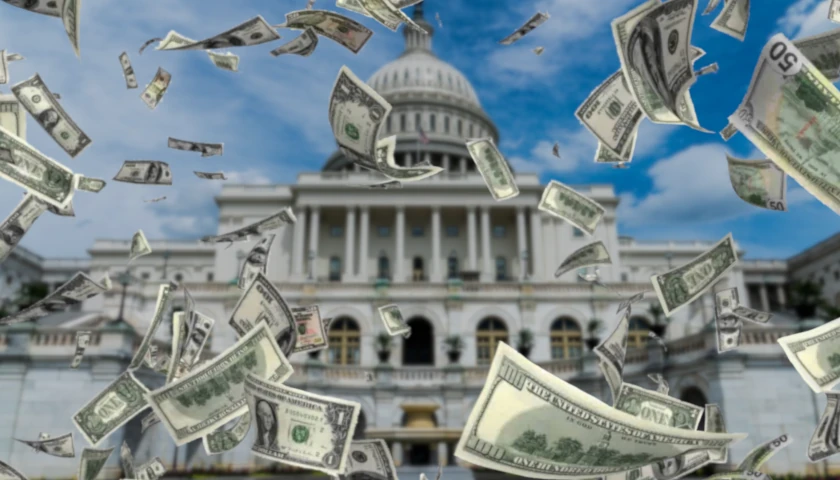A Knoxville nursing facility improperly billed Medicaid more than $20,000 for non-allowable expenses, according to an audit Tennessee Comptrollers released this week.
That’s minuscule, though, compared to the massive amount of money Medicaid loses nationwide on improper payments.
“In 2015, improper payments alone—which include things like payment for non-covered services or for services that were billed but not provided—totaled more than $29 billion according to the Government Accountability Office,” as cited on the National Conference of State Legislatures’ website.
As for the Knoxville facility — Beverly Park Place Health and Rehab — auditors said it improperly billed Medicaid $22,032.85 for 134 hospital and therapeutic leave days when the facility was operating below 85 percent occupancy.
Non-allowable expenses at the facility consisted of certain ambulance transportation expenses, sales tax expenses, radiology fees, and even marketing expenses, the audit said.
Beverly Park Place spokeswoman Susette Williamson told The Tennessee Star in an emailed statement she and other staff members have corrected all deficiencies.
“The items noted are a very small percentage of the volume for a non-profit health care provider of our size,” Williamson said.
“Due to patient confidentiality requirements, our policy does not let us comment further on any issues which might relate to patients’ medical or billing records.”
Waste, fraud and abuse in Medicaid cost states billions of dollars every year, diverting funds that could otherwise get used for legitimate health care services, according to the NCSL’s website.
“Not only do fraudulent and abusive practices increase the cost of Medicaid without adding value – they increase risk and potential harm to patients who are exposed to unnecessary procedures,” the website said.
In 2016, according to National Review, the federal Department of Health and Human Services warned improper payments under Medicaid are common. They were so common they accounted for almost 12 percent of total Medicaid spending — just shy of $140 billion.
“That rate has doubled in only a few years, driven mostly by the so-called Affordable Care Act’s liberalization of Medicaid-eligibility rules,” National Review reported.
– – –
Chris Butler is an investigative journalist at The Tennessee Star. Follow Chris on Facebook. Email tips to [email protected].





